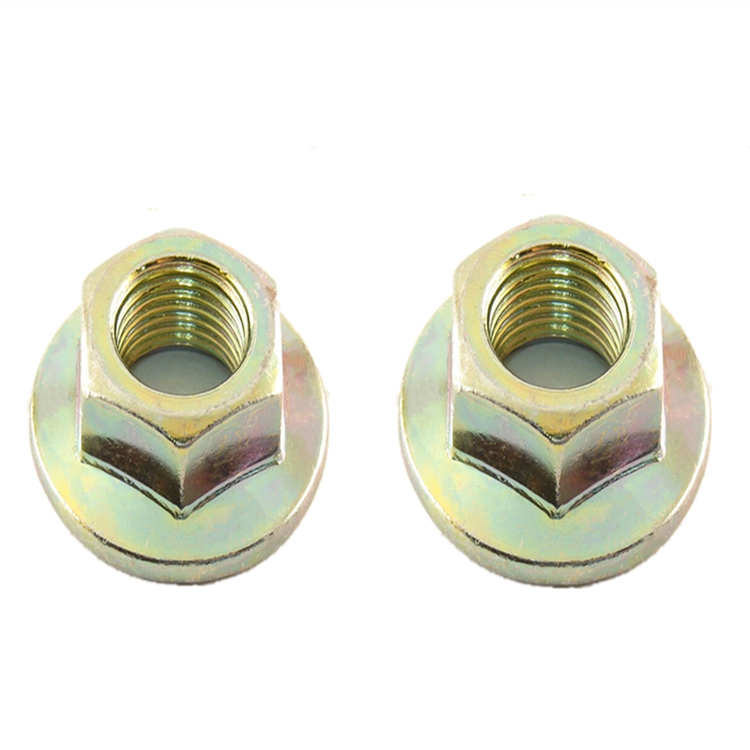Top Suppliers for Orthopedic Screws in the Medical Industry
Oct . 18, 2024 09:07 Back to list
Top Suppliers for Orthopedic Screws in the Medical Industry
Understanding Orthopedic Screws Suppliers Key Factors and Trends in the Industry
The orthopedic healthcare sector has been significantly evolving over the past few decades, and one of the essential components in surgical procedures is orthopedic screws. These screws are vital in providing stability to bones and facilitating proper healing after fractures, surgeries, or other orthopedic interventions. Therefore, understanding the role of orthopedic screws suppliers becomes crucial for hospitals, clinics, and healthcare professionals seeking reliable products.
What Are Orthopedic Screws?
Orthopedic screws are specialized devices used in orthopedic surgeries to stabilize and fixate broken bones or bone fragments. They come in various sizes, lengths, and materials, including titanium and stainless steel. Their primary function is to hold broken bones together until they heal, which is critical for restoring functionality and range of motion in patients.
The Role of Suppliers in the Orthopedic Market
Orthopedic screws suppliers play a pivotal role in the healthcare supply chain. They provide essential products to hospitals, clinics, and surgical centers, ensuring that healthcare professionals have access to the necessary tools for effective treatment. Suppliers typically work closely with manufacturers to source high-quality orthopedic screws while complying with regulatory standards.
Key Factors When Choosing Suppliers
1. Product Quality Quality is paramount when it comes to orthopedic implants. Hospitals and medical professionals seek suppliers that offer screws manufactured to high standards, ensuring patient safety. Look for suppliers who provide detailed information about their products, including certifications and compliance with international standards such as ISO 13485.
2. Variety of Products The diversity of products offered by orthopedic screws suppliers is also essential. Different surgical procedures require different types of screws (e.g., locking screws, cancellous screws, and cortical screws). A reputable supplier should have a wide range of products available to accommodate various surgical needs.
3. Innovation and Technology The orthopedic industry is continually evolving with advances in technology. Suppliers that invest in research and development and offer innovative solutions—such as bioresorbable screws or screws with enhanced fixation properties—will stand out in the market.
4. Reliability and Timeliness In healthcare, the timely delivery of surgical supplies is crucial. Reliable suppliers ensure that products are delivered promptly to avoid any delays in surgical schedules. Assessing a supplier's reputation for reliability can be achieved through customer reviews and case studies.
orthopedic screws suppliers

5. Customer Support Good customer service is an often-overlooked aspect when selecting suppliers. Providers that offer responsive support can assist healthcare professionals when they face challenges related to product use or require immediate inventory replenishment.
6. Pricing and Cost-Effectiveness While quality should never be compromised, it is essential to consider pricing. Suppliers offering competitive pricing without sacrificing quality can provide significant value to hospitals and surgical centers facing budget constraints.
Industry Trends Impacting Suppliers
The orthopedic screws market is influenced by several key trends
- Increasing Demand With an aging population and the prevalence of orthopedic diseases, the demand for orthopedic screws is on the rise. Suppliers must stay ahead of this growing demand by ensuring they have adequate stock and continuously innovate their product offerings.
- Regulatory Changes As healthcare regulations evolve, orthopedic screws suppliers must adapt to comply with new standards. Let's say the push for transparency in manufacturing practices and more rigorous testing guidelines can reshape supplier operations.
- Integration of Advanced Technologies The integration of technologies like 3D printing is envisioned to revolutionize the production of orthopedic screws. Suppliers adopting these technologies could offer customized solutions, enhancing the fit and function for individual patients.
- Sustainability Practices The rising awareness of environmental concerns is pushing suppliers towards sustainable practices. From recycling materials to minimizing waste in manufacturing, suppliers that embrace sustainability are likely to resonate better with environmentally-conscious healthcare providers.
Conclusion
Orthopedic screws suppliers play a critical role in ensuring successful surgical outcomes by providing quality products and reliable service. As the orthopedic market continues to grow and evolve, hospitals and surgical centers must remain informed about supplier capabilities, trends, and innovations. By making informed choices and fostering strong relationships with their suppliers, healthcare professionals can significantly enhance patient care while navigating the complexities of orthopedic treatments.
Latest news
-
High-Quality Panel Stud Bolt Reliable Panel Stud Bolt Factory & Suppliers
NewsJul.08,2025
-
High-Precision Fine Thread Locknuts Manufacturer & Supplier Custom Solutions
NewsJul.08,2025
-
PH Imperial Stud Bolt – High Strength Fasteners from Leading Supplier & Factory
NewsJul.07,2025
-
High-Quality Allen Wrench Bolts Leading Factory, Company & Suppliers
NewsJul.07,2025
-
Wholesale Ball Stud Bolt - High Quality Supplier & Factory Price Reliable Wholesale Ball Stud Bolt Company
NewsJul.06,2025
-
High-Strength Alloy Bolts Manufacturer & Supplier Quality Alloy Fasteners Factory
NewsJul.06,2025
